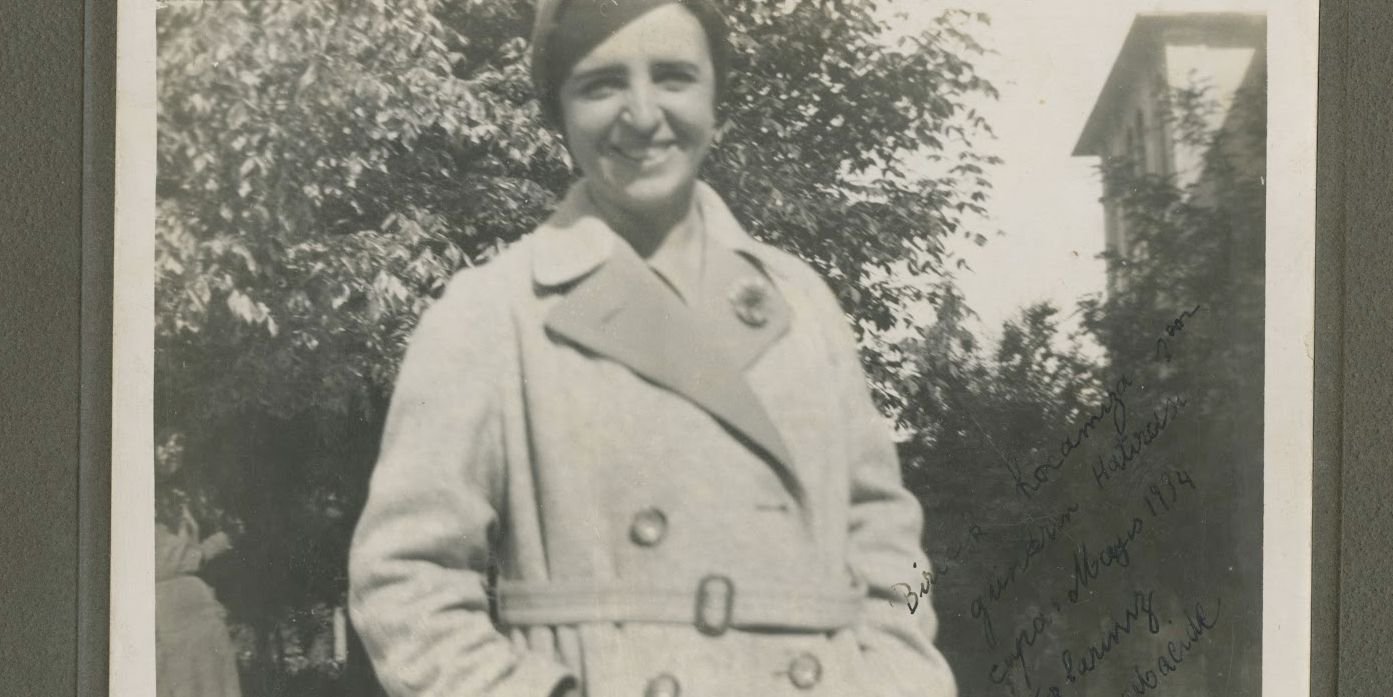The Enlightenment and the Ottoman World
with Harun Küçük
hosted by Nir Shafir
The Enlightenment, a cultural movement emphasizing reason and individualism, is recognized as a phenomenon of increasingly early origins that pervaded early modern European intellectual circles. As one of Europe's largest polities of the period, how then was the Ottoman Empire also party to this intellectual trend? In this episode, Harun Küçük describes what he defines as an Ottoman Enlightenment and explains the ways in which the movement of individuals and ideas linked the Ottoman capital of Istanbul to the broader cultural shifts of the day.
 |
Harun Küçük is a post-doctoral researcher at the Max Planck Institute in Berlin (see academia.edu) |
 |
Nir Shafir is a doctoral candidate at UCLA studying Ottoman intellectual history. (see academia.edu) |
Episode No. 127
Release date: 27 October 2013
Location: Üsküdar, Istanbul
Editing and Production by Chris Gratien
This episode is part of an ongoing series entitled History of Science, Ottoman or Otherwise.
Citation: "The Enlightenment and the OttomanWorld," Harun Küçük, Nir Shafir, and Chris Gratien, Ottoman History Podcast, No. 127 (October 27, 2013) http://www.ottomanhistorypodcast.com/2013/10/enlightenment-ottoman-empire-intellectuals.html.
SELECT BIBLIOGRAPHY
Israel, Jonathan. Enlightenment Contested: Philosophy, Modernity and the Emancipation of Man, 1670-1752. Oxford: Oxford UP, 2006.
Robertson, John. The Case for the Enlightenment: Scotland and Naples, 1680-1760. Cambridge: Cambridge UP, 2005.
Venturi, Franco. Italy and the Enlightenment: Studies in a Cosmopolitan Century. trans. S.J. Woolf. New York: NYU Press, 1972.
Wootton, David. Paolo Sarpi: Between Renaissance and Enlightenment. Cambridge: Cambridge UP, 1983.
de la Croix, François Pétis. La Turquie crétienne sous la protection de Louis le Grand. Paris: P. Hérissant, 1695.
Papadopoulos, Nikolaus Komnenos. Historia gymnasii patavini. Venice: Apud Sebastianum Coleti, 1726.
Martin, Julian. Francis Bacon, the State and the Reform of Natural Philosophy. Cambridge: Cambridge UP, 1992.
Podskalsky, Gerhard (SJ). Griechische Theologie in der Zeit der Türkenherrschaft (1453-1821). Munich: C.H. Beck, 1988.
Rodosizade Mehmed. Terceme-yi Vefayatü'l-Ayan li-ibn Hallikan. Istanbul: Matbaa-i Amire, 1280H.
Osmanzade Taib et al. Hadikatü'l-Vüzera. Istanbul: Ceride-i Havadis, 1271H.










Comments
Post a Comment
Due to an overwhelming amount of spam, we no longer read comments submitted to the blog.